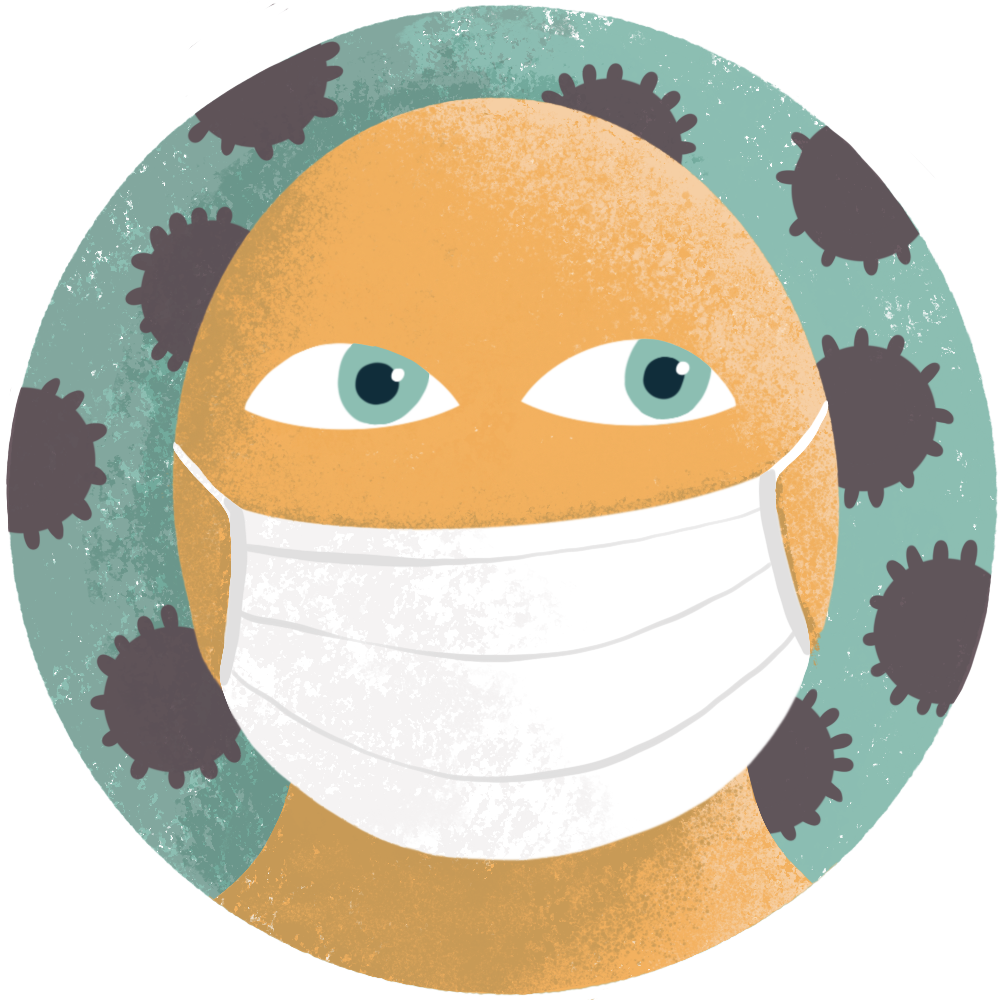
Wellbeing in the time of COVID-19
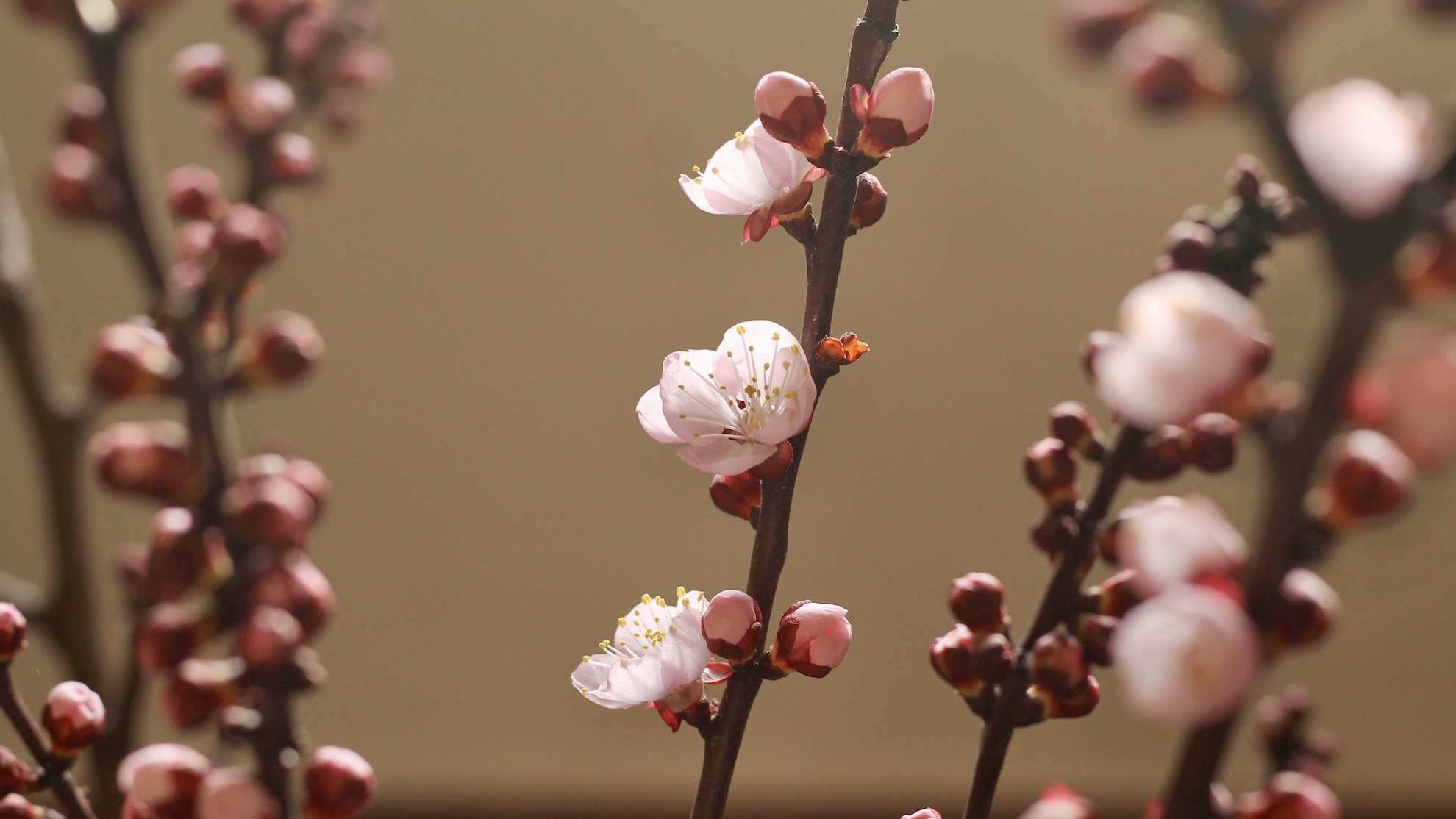
[Last updated on 12 March 2020]
A few weeks ago, a few changemaker friends from China organised an online call to share about their experiences dealing with COVID-19, which is caused by the Sars-CoV-2 virus and is more commonly known as novel coronavirus. The call was deeply insightful and touching, not just because I heard about their stories directly from them (rather than reading about the outbreak in China through news outlets), but especially because I learned about all the ways in which they have activated themselves to support their families, friends, colleagues, and communities.
In addition to the risks the virus poses to people’s physical health, there are other implications for people’s mental and emotional wellbeing. The uncertainty about how the situation will unfold… the concern for vulnerable people… the separation from one’s family… the lack of freedom, the boredom, the frustration when in lockdown… these are only a few of the many complex and difficult feelings and emotions people affected by COVID-19 are experiencing all around the world.
This is where we, as Recipes for Wellbeing, would like to contribute our knowledge and expertise to support affected people and help them cultivate their wellbeing. Below you can find a curated selection of wellbeing recipes to help you build hopefulness, gratitude, and resilience in the time of COVID-19. We have tried to include a mix of activities, from individual to group practices, from easier to more difficult exercises, but they all aim to boost mental, physical, emotional, and spiritual wellbeing. Also, we have given preference to activities that require little or no material (since some of you in lockdown or quarantine might struggle to get extra material). And don’t forget to take all the precautions advised by your national and local authorities.
Mental wellbeing
- “Strengthening your immune system” (level: easy • duration: ~10 minutes) – this is a short meditation practice to strengthen your immune system. You can do it by yourself or with other people, in which case we suggest one person guides the group through the guidelines.
- “The deathbed test” (level: hard • duration: ~1 hour) – this is a more advanced practice to make peace with the impermanence of life and the inevitability of death. You can do it by yourself or in a small circle of trusted people. Not suitable for children.
Physical wellbeing
- “Managing stress” (level: easy • duration: ~15 minutes) – this is a short meditation practice to help you connect to your body and learn to cope with stress. You can do it by yourself or with other people, in which case we suggest one person guides the group through the guidelines.
- “Immune sequence” (level: medium • duration: ~1 hour) – this is a yoga routine to boost your immune system. You can do it by yourself or with other people, but we recommend doing it if you have prior experience with yoga). Not suitable for children.
Emotional wellbeing
- “Gratitude bingo” (level: easy • duration: min. 30 minutes) – this is a playful activity to foster gratitude and appreciation. It is particularly recommended for families as it can be adapted for children given the playful elements (you may simplify the words for the children depending on their age).
- “Ring theory” (level: medium • duration: ongoing) – this is a reflective activity to map your support networks and understand whom you can reach out for support and who you can give support to. We recommend doing this alone. Not suitable for children.
Spiritual wellbeing
- “A picture says a thousand words” (level: medium • duration: 1 week) – this is a visual activity to help you tap into your meaning in life, which is key to experience happiness. It is particularly recommended for families (to foster connectedness) and for teams (to foster understanding).
- “Dealing with loss” (level: hard • duration: as much as you need) – this is a healing practice to help you cope with loss, especially when it is most difficult. We recommend doing this with your loved ones who might offer you support. Not easy, but it can be adapted for children.
Extra
- “The gratitude alarm” (level: easy • duration: 12 hours) – this is a quick but constant practice to nurture the habit of gratefulness. You can do it alone or with your family, friends, colleagues… and is suitable for children as well. It is particularly recommended for people in lockdown or quarantine.
- “Inspiration jar” (level: easy • duration: ongoing) – this is a quick but powerful practice to foster inspiration and creativity. You can do it alone or with your family, friends, colleagues… and is suitable for children as well. It is particularly recommended for people in lockdown or quarantine.
We hope these wellbeing activities help you thrive in the midst of this difficult and delicate health situation. Click here to read the Mandarin translation of this blog post, kindly curated by fellow changemaker Ying Li (WeChat group here).
Let us know which recipes you end up using and how you find them!
P.S. Did you see the posters created by the WHO to share tips to protect yourself and others?
P.P.S. Thanks to a fellow changemaker who kindly shared our blogpost with their network, our recipes ended up being featured in the online section “Buone Notizie” of “Corriere della Sera” (one of Italy’s major national newspaper)!
This blog post was written by Greta Rossi.
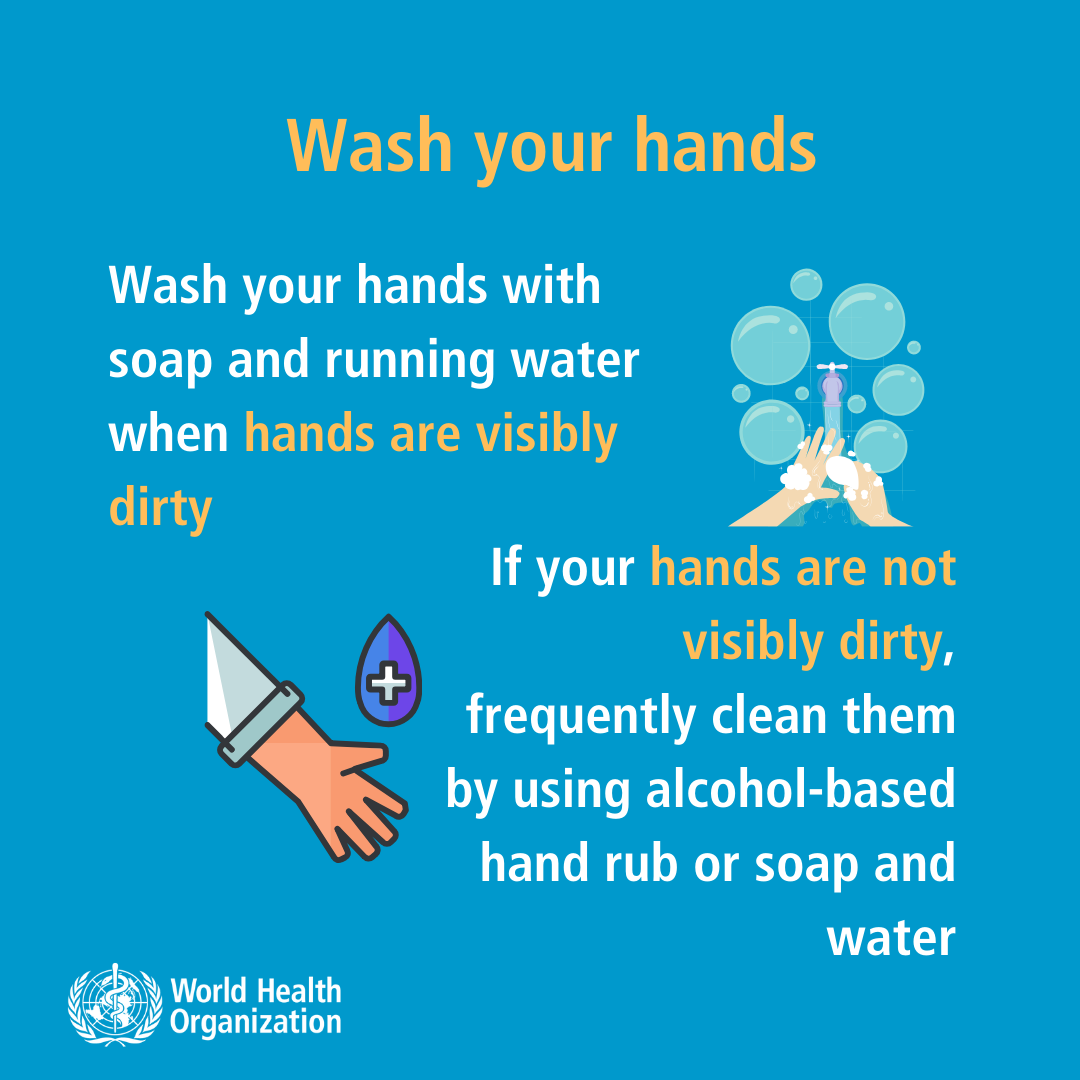
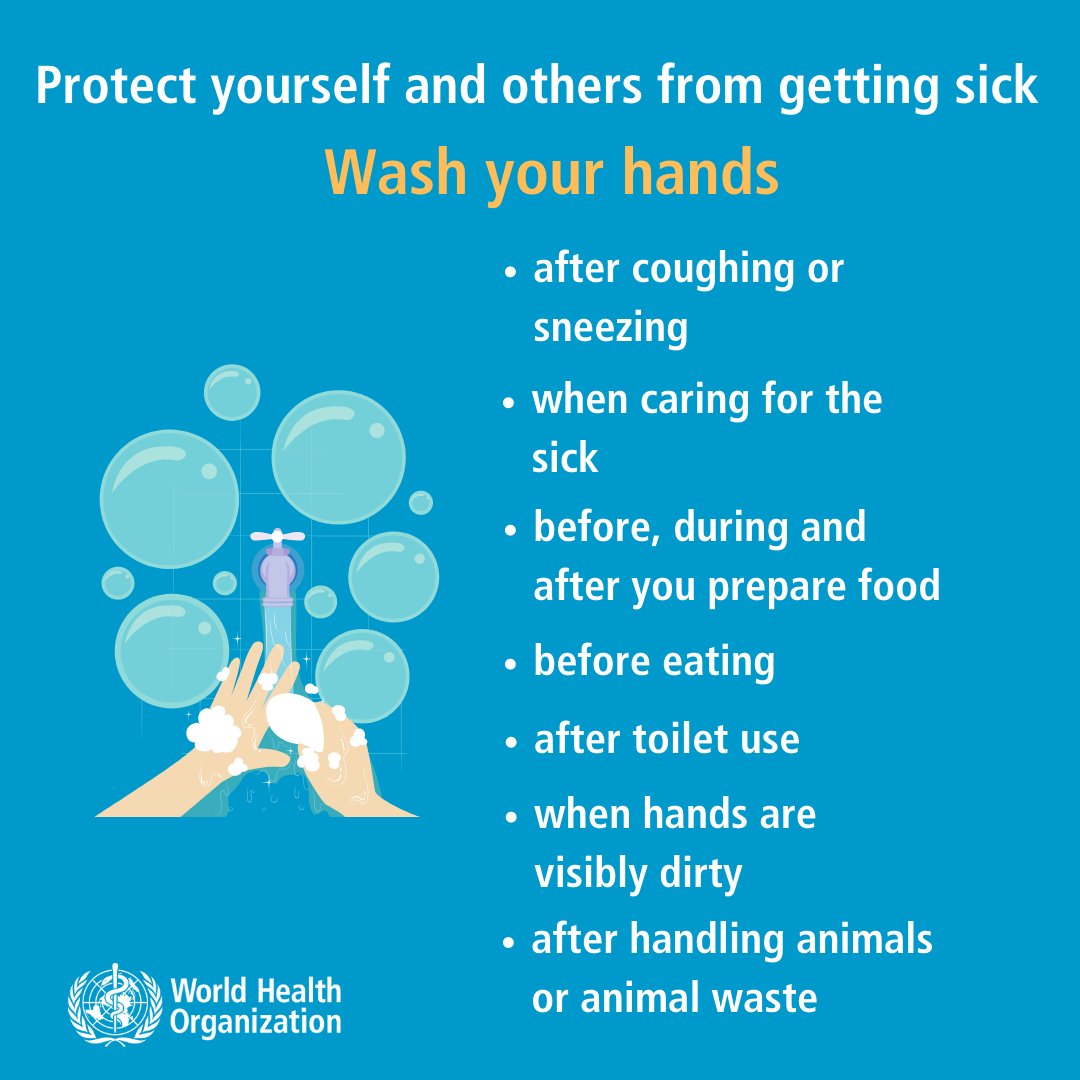
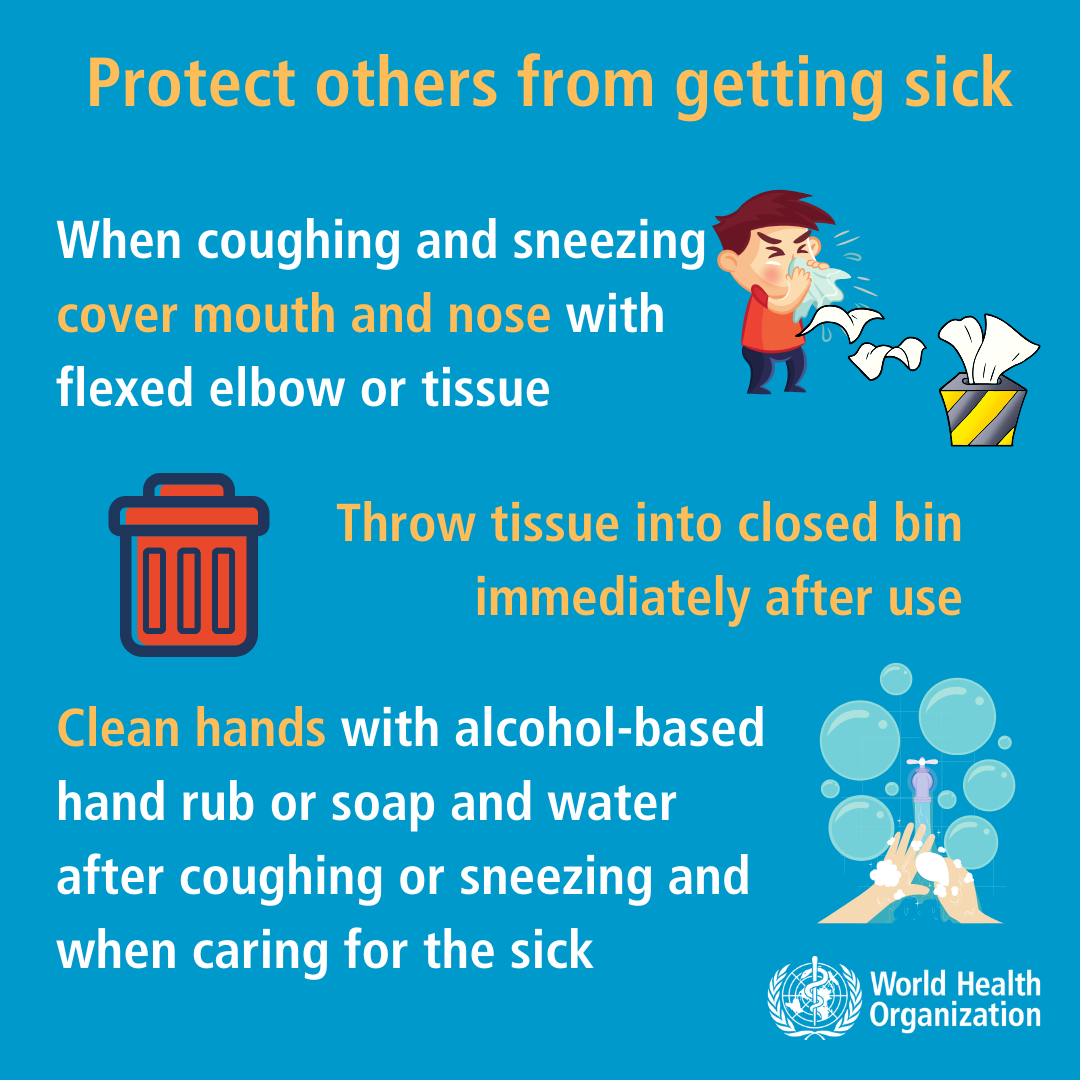
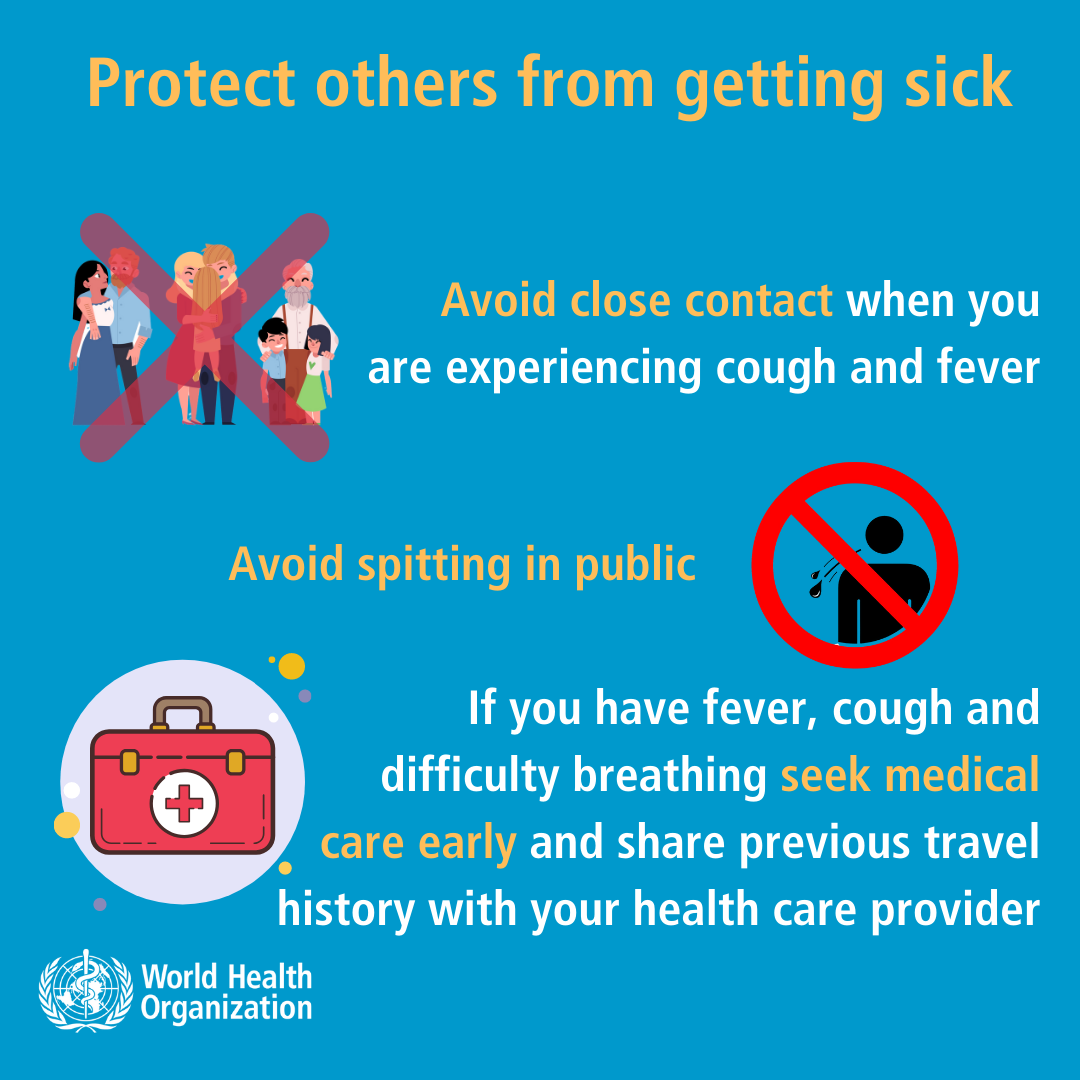
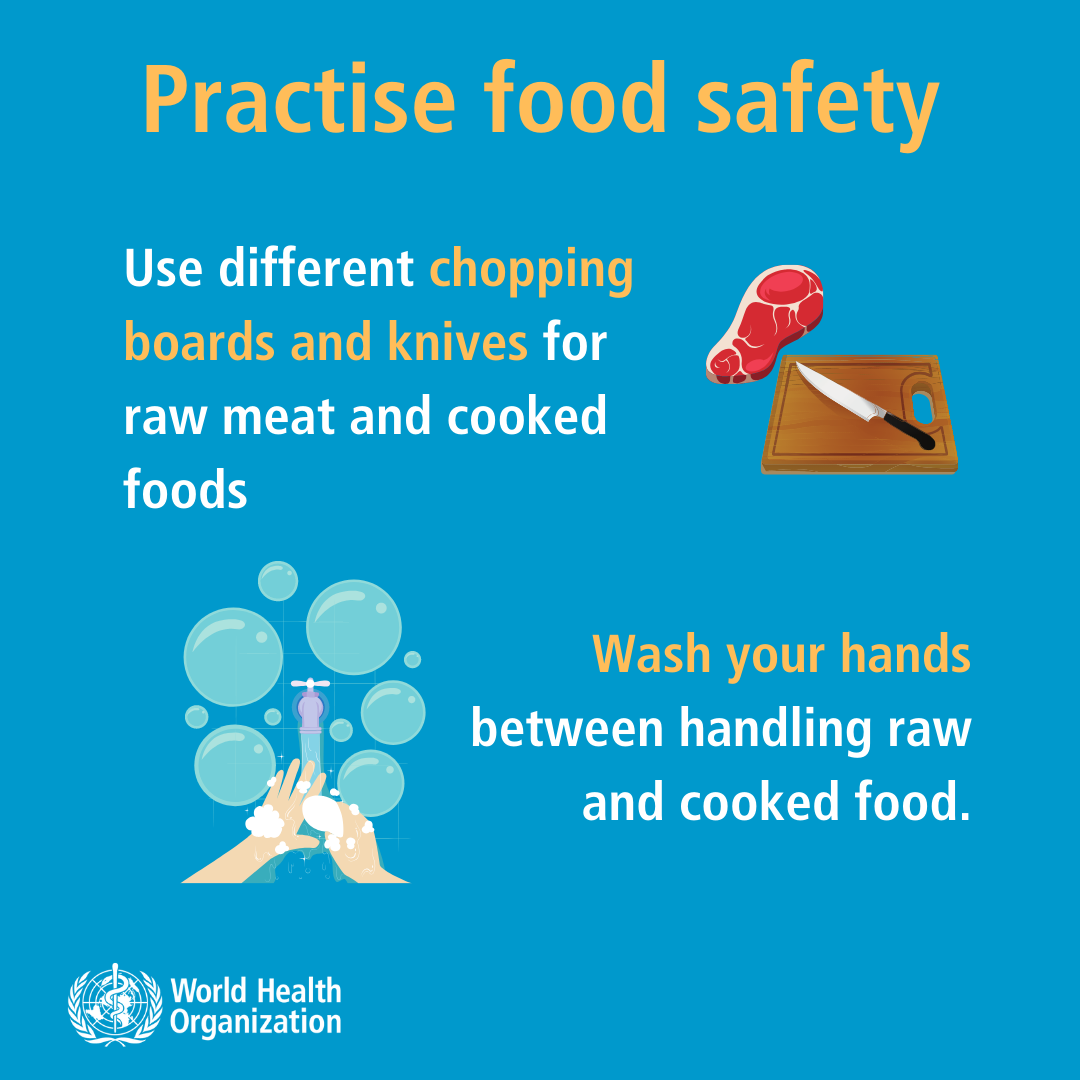
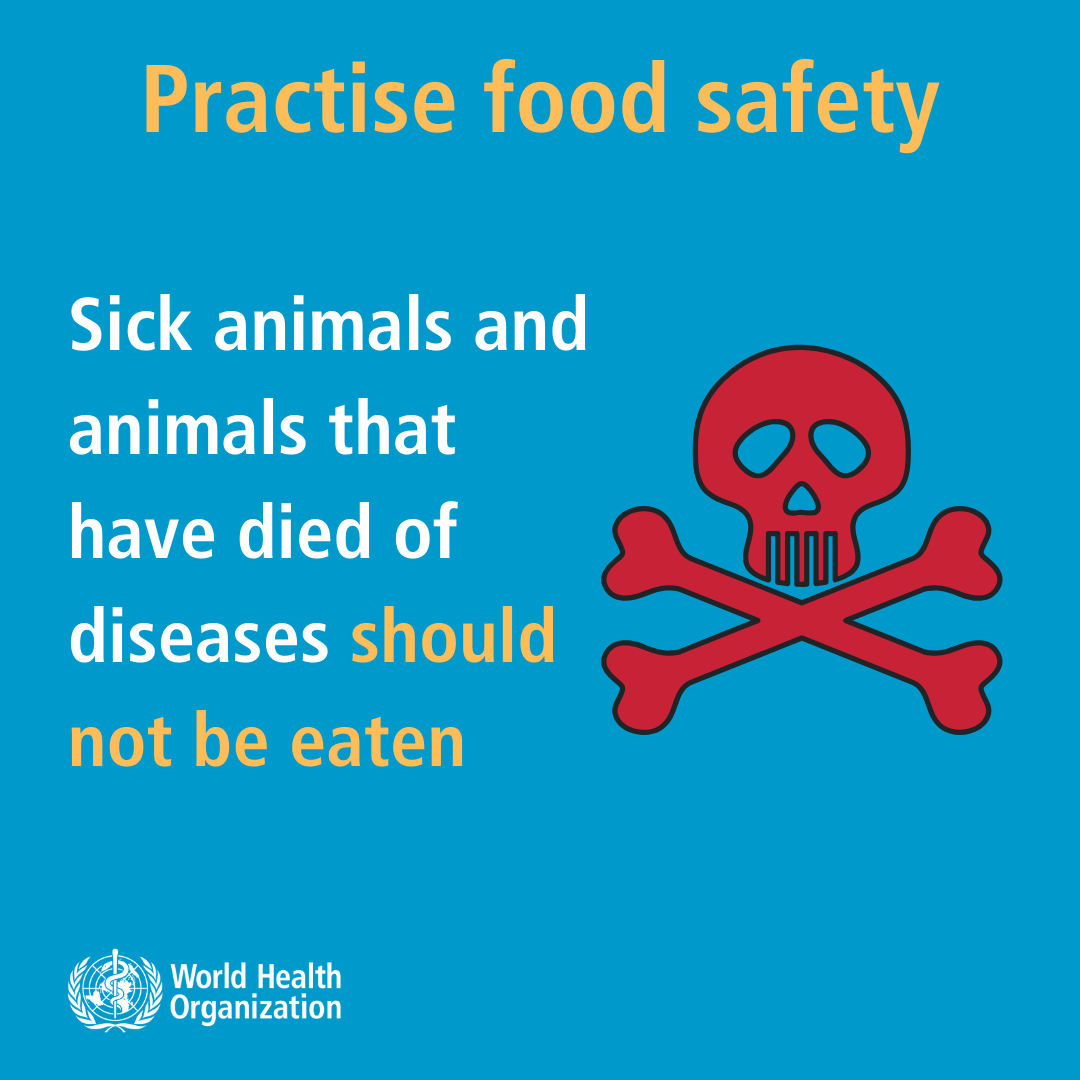
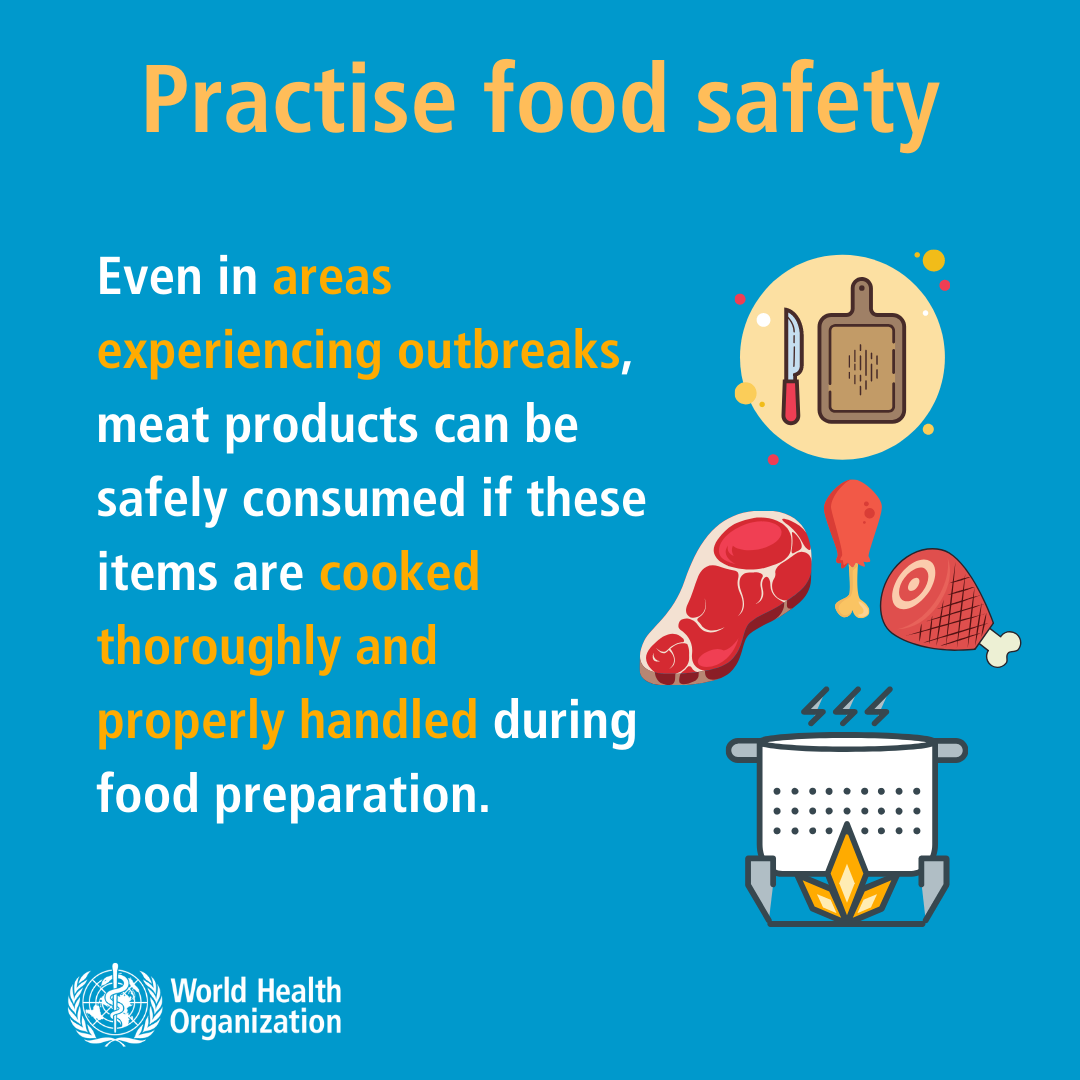





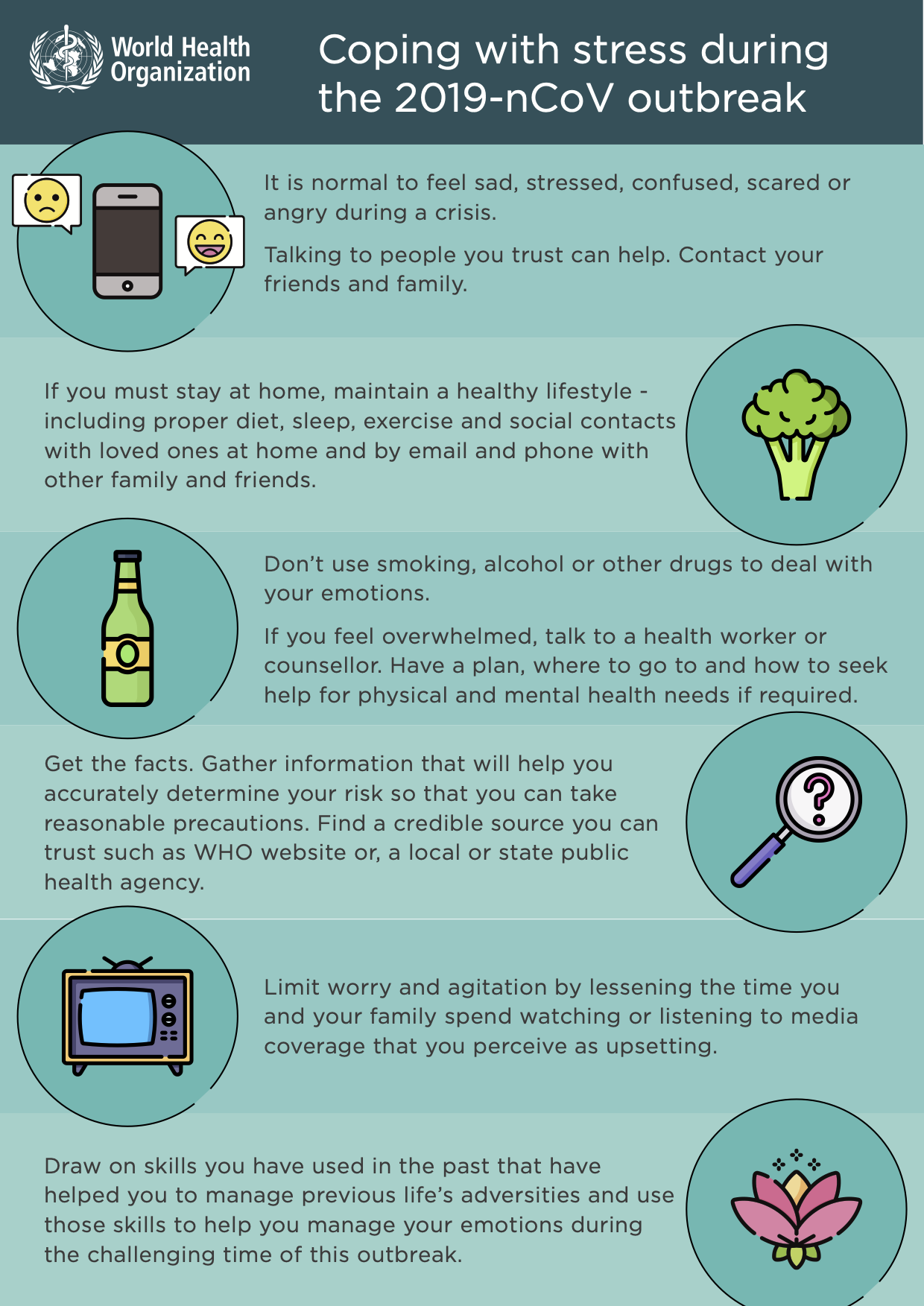
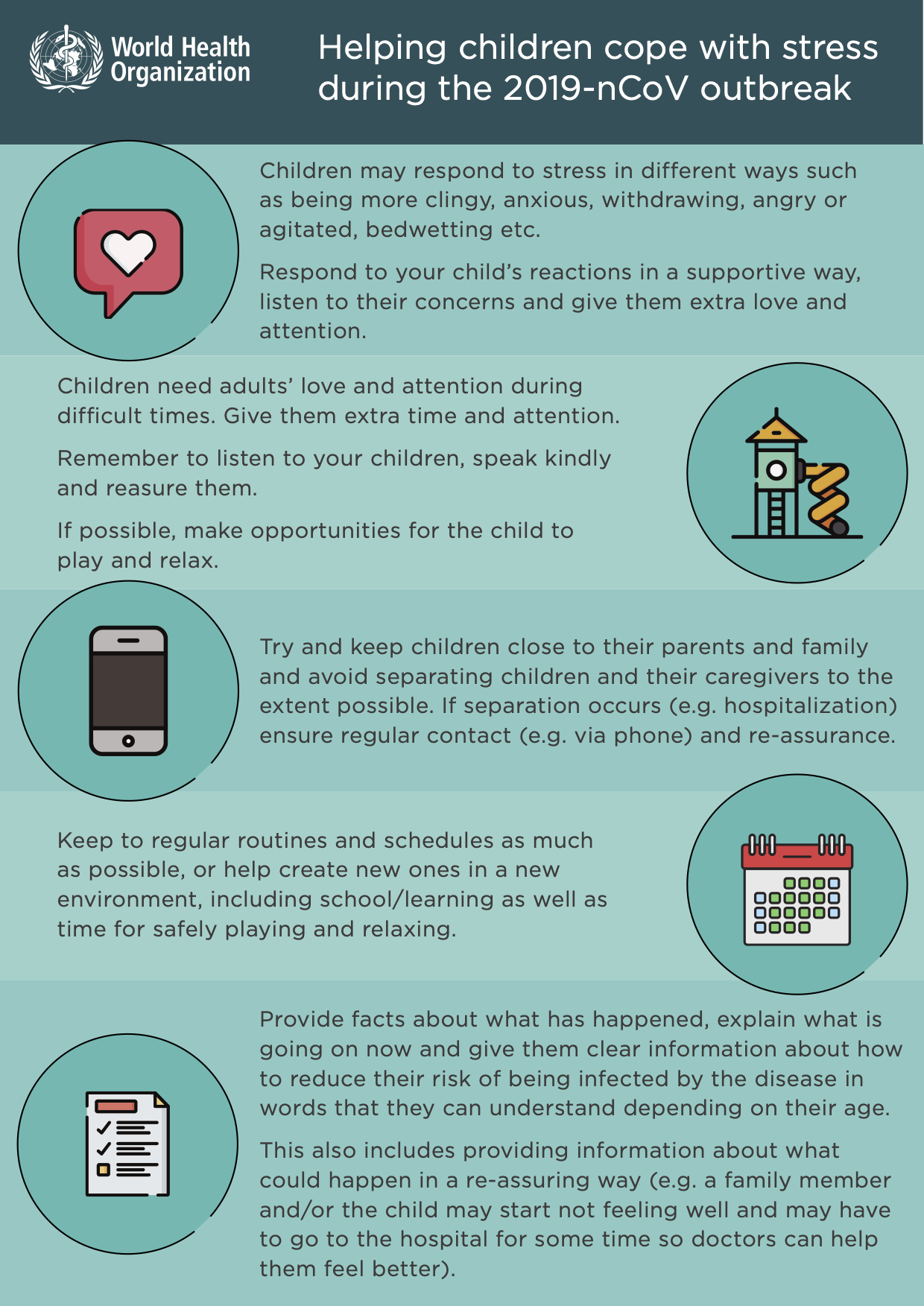


 Arabic
Arabic Chinese (Simplified)
Chinese (Simplified) Dutch
Dutch English
English French
French German
German Italian
Italian Portuguese
Portuguese Russian
Russian Spanish
Spanish